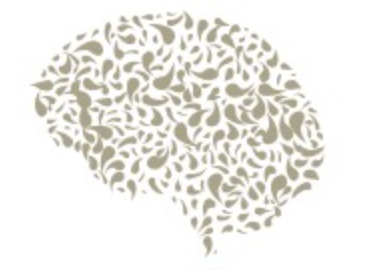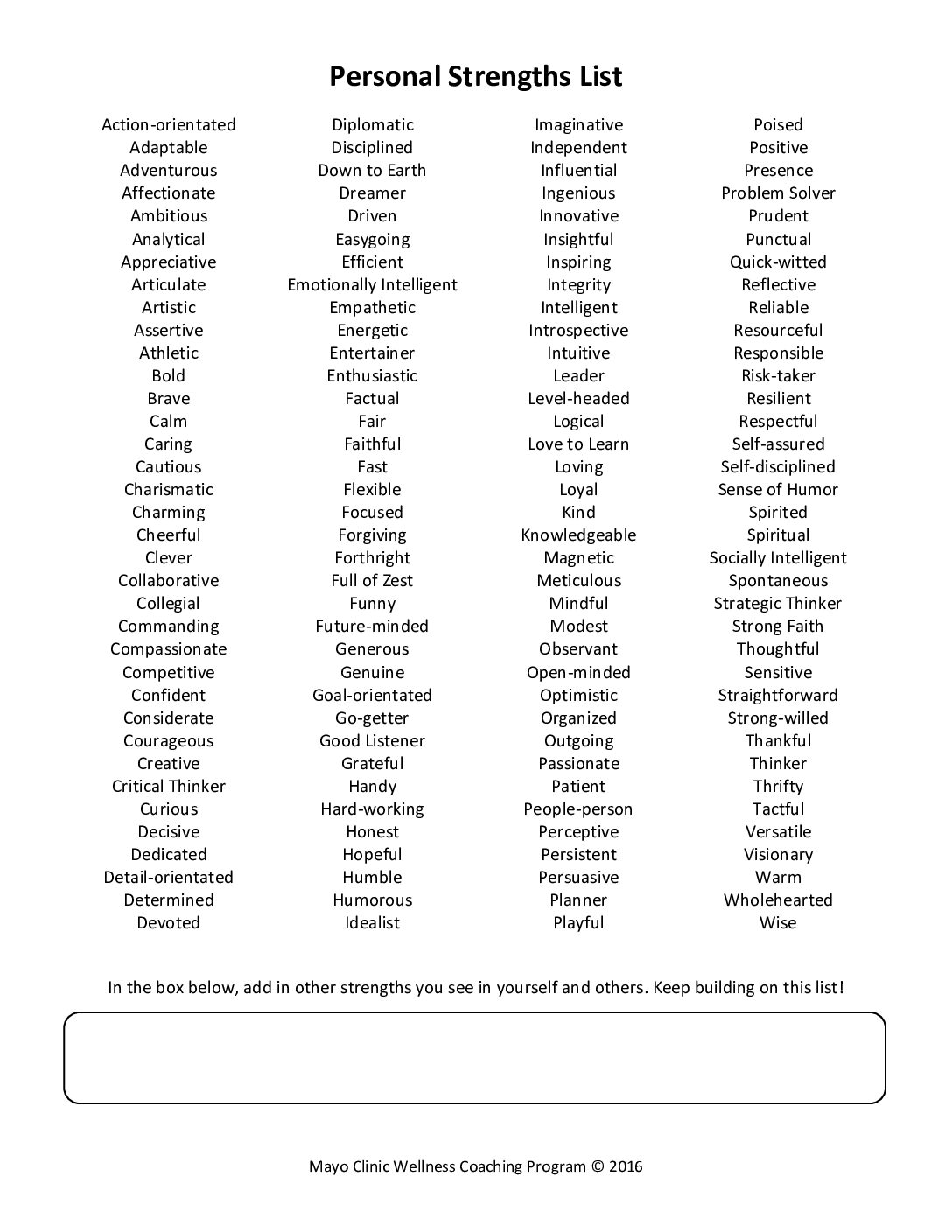
Conflict in relationships is normal. It doesn’t mean something is wrong; it means you’re human. But how we handle it can make or break a connection. Arguments usually start when needs clash, communication breaks down, or emotions run high. It could be over big decisions or the smallest habits. The important thing is understanding that conflicts are part of any relationship. With the right approach, they can lead to growth and stronger bonds.
Relationship Conflict Resolution: Communication
Communication is everything. But it’s not just about talking; it’s about how you talk. Use “I” statements, like “I feel hurt when…” instead of “You always…”. This keeps the conversation less confrontational.
Listen to Understand. Active listening means really hearing what the other person is saying without planning your response as they talk. Validate their feelings. You don’t have to agree but acknowledge their emotions: “I see why that upset you.”
Emotional Regulation: Keep Calm and Carry On
Emotions can be intense during an argument. Regulating them is key to effective relationship conflict resolution. When anger spikes, take a breath. Pause. Walk away if needed, and agree to come back when calmer. This isn’t avoidance; it’s damage control.
Mindfulness practices like deep breathing or progressive muscle relaxation can help. When you return to the conversation, you’ll be more composed and thoughtful.
Relationship Conflict Resolution: Empathy Goes a Long Way
Try to put yourself in your partner’s shoes. Empathy isn’t just a feel-good concept; it’s a practical tool. When your partner feels heard and understood, defensiveness drops. You’re more likely to find common ground.
Ask questions to understand their point of view better: “Can you tell me more about why that felt so important to you?” Empathy turns an argument from a battle to a dialogue.
Relationship Conflict Resolution: Problem Solving Together
In healthy conflict resolution, it’s not you vs. me but us vs. the problem. Identify what the actual issue is and brainstorm solutions as a team. Maybe you need to compromise or come up with new agreements that suit both of you.
Be willing to meet halfway. Compromising doesn’t mean losing; it means both sides win a little. Write down your decisions and come back to them as needed. This shows commitment and helps keep both parties accountable.
Setting Boundaries and Knowing When to Step Back
Not every argument has to be resolved right away. If emotions are too high, set a boundary: “Let’s pause and pick this up tomorrow.” Respecting the need for space prevents saying things out of anger.
Boundaries also apply to how arguments are conducted. Agree on what’s off-limits, like name-calling or bringing up unrelated past issues. Healthy boundaries keep arguments from spiraling into deeper conflicts.
Relationship Conflict Resolution: Learn from Conflict
After an argument, reflect. What worked? What didn’t? Use each argument as a lesson to improve future conflict resolution. Talk about what went well once emotions have cooled: “I felt heard when you listened and repeated back what I said.”
Growth happens when both sides commit to learning and applying better strategies each time. Relationship experts like Dr. John Gottman emphasize that repair attempts—moments when one partner tries to defuse tension—are strong indicators of successful conflict resolution.
When to Seek Professional Help
Sometimes, you need a third party to help navigate conflicts. Couples therapy isn’t just for crises; it’s for building skills that strengthen the relationship. Therapists can teach you advanced relationship conflict resolution techniques, like mirroring exercises and structured dialogues.
Conclusion: Conflict as a Tool for Growth
Arguments aren’t the enemy. They’re a chance to understand each other better, build trust, and strengthen your bond. By using healthy communication, emotional regulation, empathy, and problem-solving skills, conflicts can become stepping stones, not stumbling blocks. Start practicing these skills today and watch how your relationship evolves.
Share your thoughts or strategies that have helped in resolving conflicts. What’s worked for you, and what challenges do you face? Your experiences might inspire someone else!








[…] in relationships shines brightest during conflicts. Arguments can escalate fast when both partners just want to be heard. Shift this by actively […]
“This is exactly what I was looking for, thank you!”
[…] be honest: relationships can be tough. They involve misunderstandings, mistakes, and sometimes deep hurt. But there’s one […]
[…] knows this. They chip away at your sense of reality gradually, because they know you care about the relationship. Psychologically, the closer we are to someone, the more likely we are to believe them—even when […]